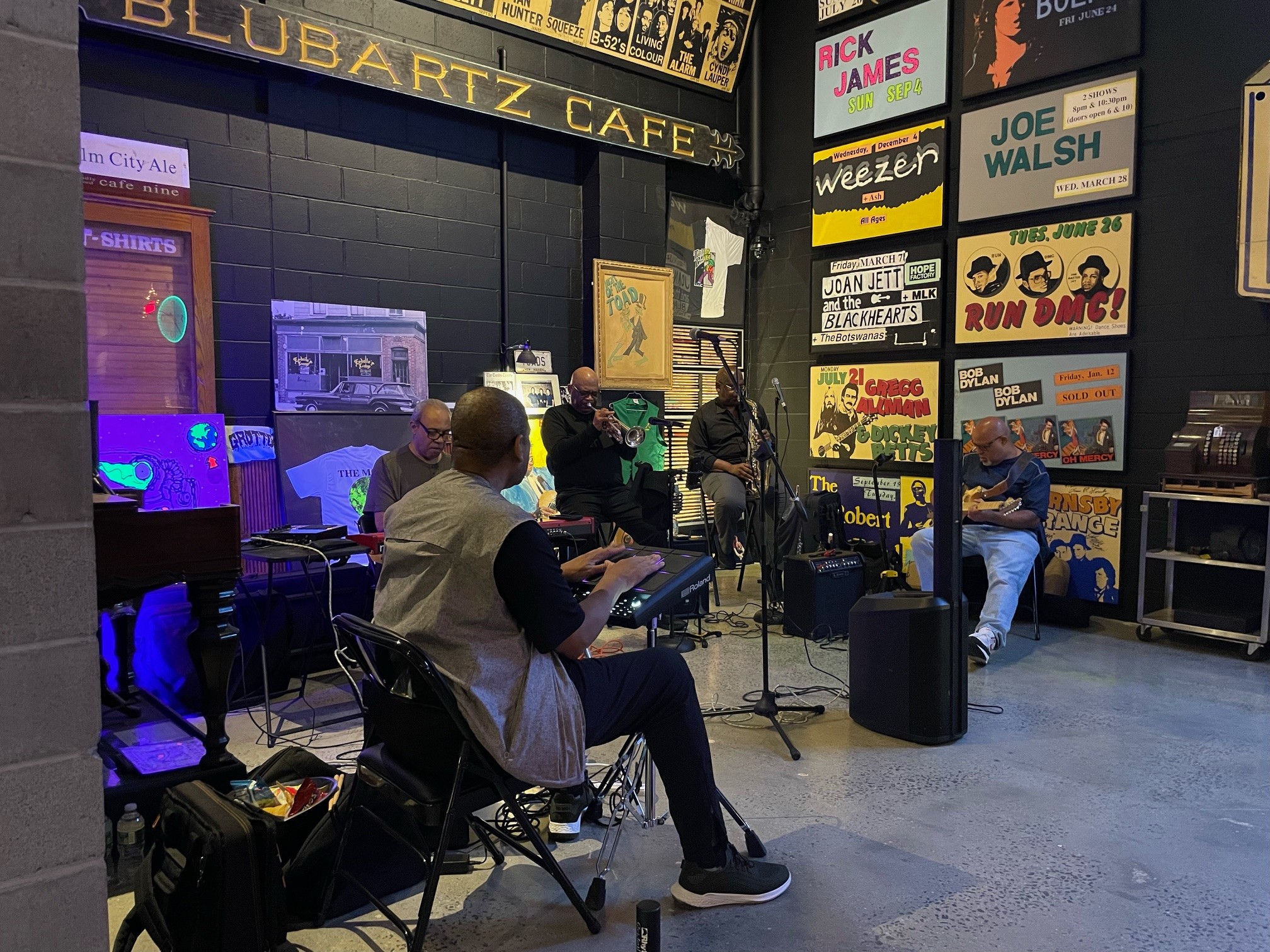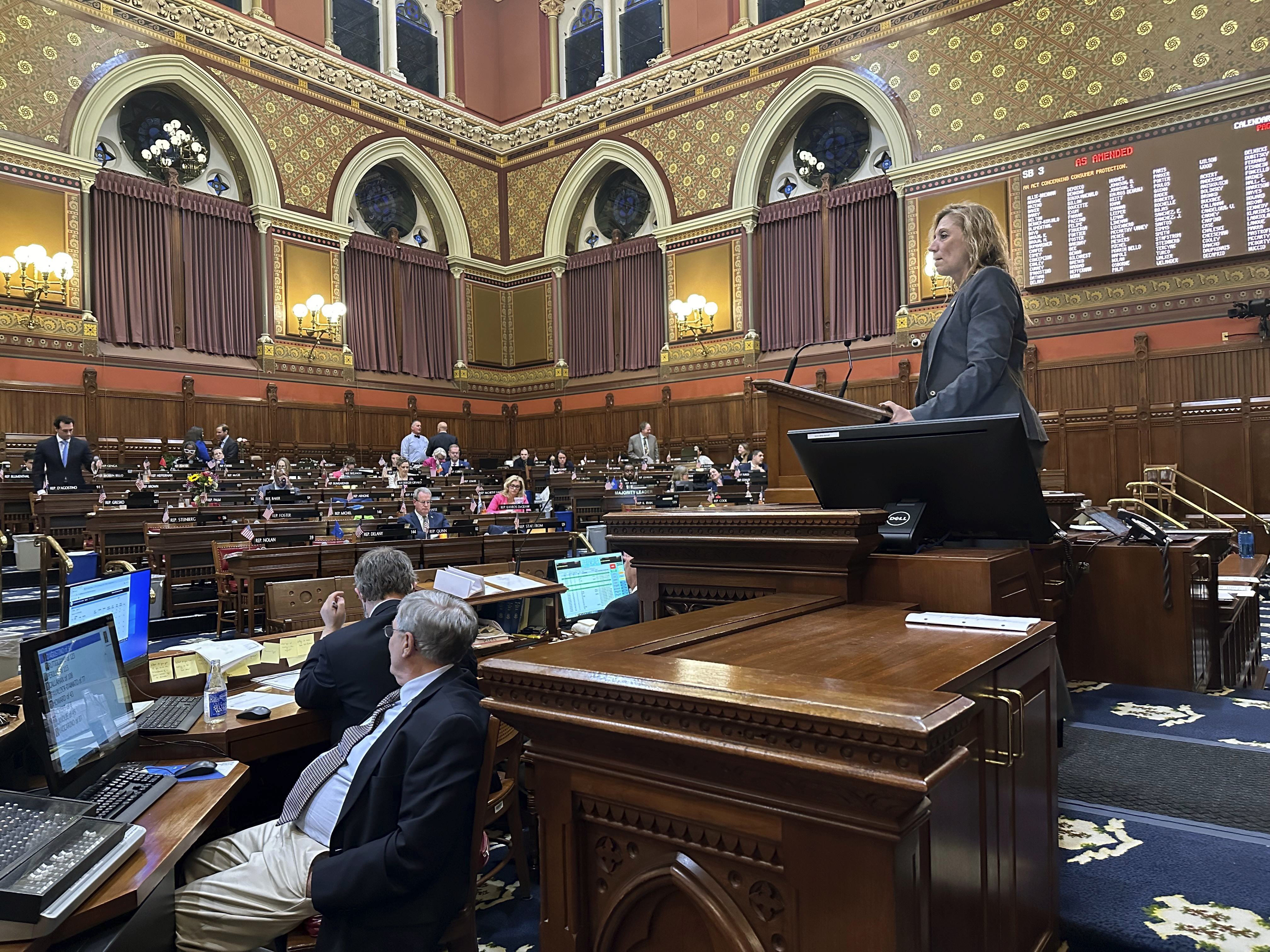Middletown is permanently adopting its food scrap, trash separation policy. The city was one of 15 municipalities testing the program this year, but is the first to adopt it permanently.
The city said this policy is environmentally friendly and could save residents some money.
“We are calling it, ‘Save As You Throw,’ because the less that you throw out the more that you’re going to save,” Middletown Mayor Ben Florsheim said.
The city said it is reducing the annual sanitation bill, dropping from $400 to $280 on average. In exchange, people will need to place food scraps in designated, green-colored bags and regular waste in specified, orange-colored bags. Each bag has an associated fee.
Get Connecticut local news, weather forecasts and entertainment stories to your inbox. Sign up for NBC Connecticut newsletters.
By paying for each bag, residents essentially pay for what they use.
“The cost for that is significantly less for the consumer than it costs to dispose of waste the old-fashioned way,” Florsheim said.
A large orange bag, which goes to a landfill cost $1.65 each. Compared to a large green food waste bag, that’s only 25 cents.
Local
The new policy has received mixed reaction as some residents say it’s time-consuming and difficult to measure the cost.
“I don’t keep track of how many garbage bags I go through. I just go through them,” Kathleen Genovese said.
Dora Glinn, however, said her family supports composting and the new policy.
“I think I’m very conscious, and my husband is as well, of the environment in all the trash we’re creating,” she said.
Earlier this year, Middletown was one of 15 municipalities, working with the Department of Energy and Environmental Protection (DEEP), asking residents to separate food scraps from regular waste.
According to DEEP, the environmental impact has been measurable in the towns that have participated.
“We’ve seen on average About a 15% reduction in the amount of trash being generated,” DEEP Commissioner Katie Dykes said.
The test program followed the closure of a primary trash plant in Hartford. That closure has contributed to rising processing costs as some communities have been forced to ship some waste out of state.
Middletown officials say it’s new policy that will combat those escalating expenses while saving residents money.
According to DEEP, food scraps represent about 22% of the waste that is processed in Connecticut each year. With this program, those scraps will no longer go to a landfill but instead, will be sent to Quantum Biopower in Southington where they will be recycled.
“It’s a winner economically for residents and it’s a winner for our environment,” Florsheim said.
While there have been several municipalities involved with the pilot program, only Middletown, West Haven, Seymour and Ansonia have completed it.
Seymour and Ansonia have decided not to move forward with it and West Haven is still undecided.



